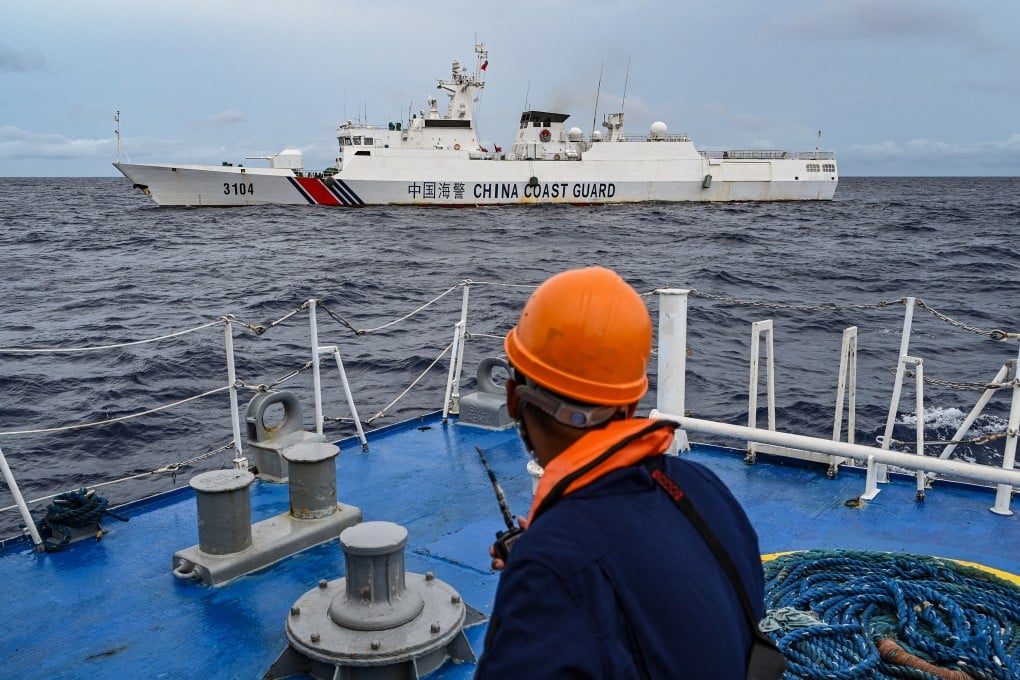Advertisement
Opinion | Asean needs a plan to navigate choppy US-China relations
The regional grouping is at a crossroads, under pressure from its own citizens to do better amid high anxiety over major power competition
Reading Time:3 minutes
Why you can trust SCMP
1

As the world awaits the results of the most closely watched and most consequential election in November, Asean needs to have a strategic game plan regardless of who wins. The peace and prosperity of Southeast Asia cannot be left to the whims of polarised US politics and uncertain American policy towards China.
Advertisement
While China was not at the centre of the debate between Donald Trump and Kamala Harris, both candidates promised to be tough on China. Trump vowed to continue his trade war against China, while Harris promised that the United States will win the competition with China.
For members of the Association of Southeast Asian Nations, the state of US-China relations has profound implications. It is therefore imperative for Asean members to plan for different scenarios that could unfold in the years to come.
Asean leaders will be gathering in Vientiane, Laos, from October 6-11 – a month before the US election – to talk about connectivity and resilience. These are two catch-all words for all the tasks Asean member states have to undertake to remain relevant and shape their own destiny amid great power rivalry and in the face of complex regional challenges.
In recent years, Asean’s credibility and centrality has been called into question because of its inability to achieve substantive progress in its community-building efforts, manage rising tensions in the South China Sea and implement the five-point consensus on Myanmar.
Advertisement
When Asean started in 2003 to pursue deeper integration, globalisation was in full swing, the security environment was benign and there was broad strategic and political stability. Two decades later, Asean faces rising economic nationalism, geopolitical uncertainties and a climate emergency. None of these forces show signs of abating and without sound and pragmatic leadership, the regional and global environment may only deteriorate further.

Advertisement
